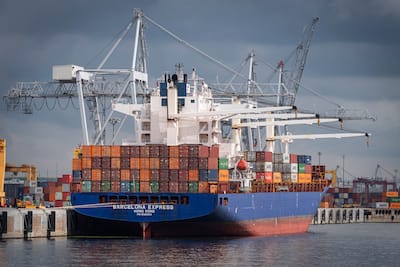What exactly is a “project of national interest”?

The trade war unleashed by Donald Trump and the challenges surrounding Canada's energy transition have prompted Mark Carney to create a system to accelerate the completion of major projects in the country. Here's what you need to know about these "projects of national interest."
Imposed under a gag order at the end of June, the new Canadian Economic Unity Act aims to facilitate the implementation of projects deemed to be of national interest by the Prime Minister's Office.
In particular, it provides for a maximum approval period of two years for targeted projects, rather than five.
Here are some of the criteria used to designate a “project of national interest”:- Does it strengthen Canada's autonomy, resilience and security?
- Does it provide economic and other benefits to Canada?
- Does it have a high probability of implementation?
- Does it put forward the interests of indigenous peoples?
- Does it contribute to achieving Canada's climate change objectives?
Projects that might fit these criteria include highways, railways, mines, ports, airports, pipelines, nuclear projects, clean energy projects, and electricity transmission systems.
Provinces can submit projects they deem compliant, but their decision-making power remains unclear.
On August 26, Mark Carney announced that the expansion of the Port of Montreal could be among the first projects approved. This project is expected to increase container capacity leaving the city by 40%.
A controversial lawThe government's new law has been criticized for granting significant powers to the federal government—and to Mark Carney's office—in the approval process for major projects.
Environmental groups are concerned that the government may circumvent environmental standards to carry out projects it deems a priority.
Indigenous leaders have warned that the project could violate their constitutional rights, leading to court challenges.
LE Journal de Montreal







